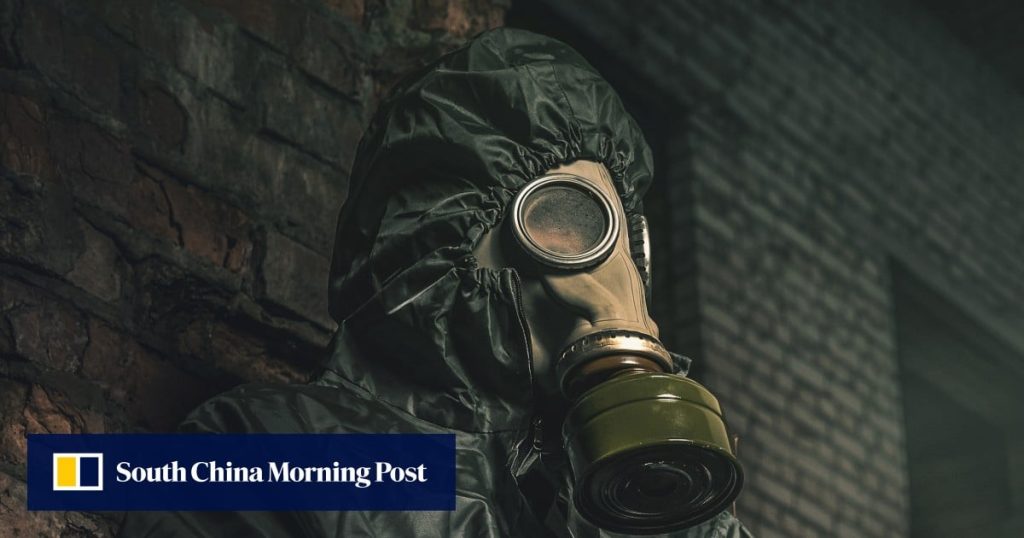Chinese military scientists have released the field test results of a rare simulated “dirty bomb” attack, showing the potential of a novel defence method that could stop nuclear fallout before it spreads.
The research, conducted by the Joint Logistic Support Force University of Engineering and the Rocket Force Research Institute, explores how an advanced airborne system similar to weather modification could rapidly suppress and contain deadly radioactive smoke clouds after a radiological explosion.
A dirty bomb is not a nuclear weapon in the traditional sense. It does not cause a nuclear chain reaction or a massive atomic explosion like those seen in Hiroshima or Nagasaki.
Instead, it combines conventional explosives with radioactive materials such as plutonium or caesium. When detonated, it scatters radioactive dust and smoke over a wide area – creating a hazardous “radioactive plume” that contaminates buildings, roads and air.
This makes dirty bombs an ideal tool for terrorism with the goal of producing fear, disruption and long-term contamination.
“Mobile, rapidly deployable aerial suppression systems currently under development can quickly implement high-altitude, wide-area suppression of explosion-generated smoke clouds immediately after detonation,” wrote the project team led by Lin Yuanye, a nuclear emergency expert with the Joint Logistic Support Force.


